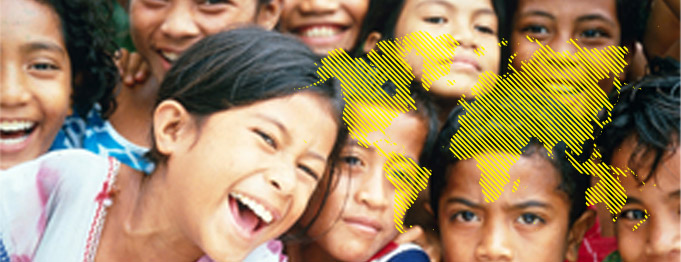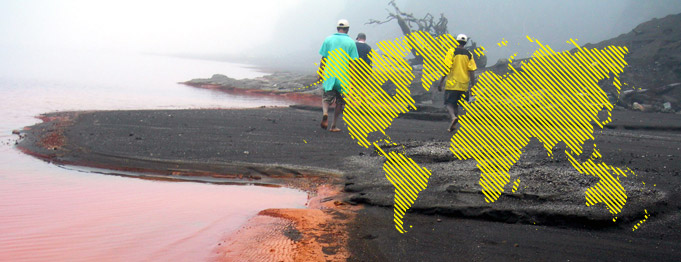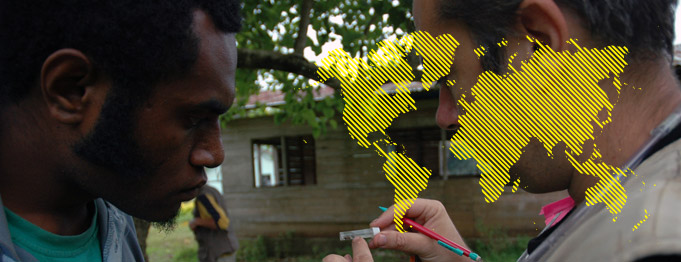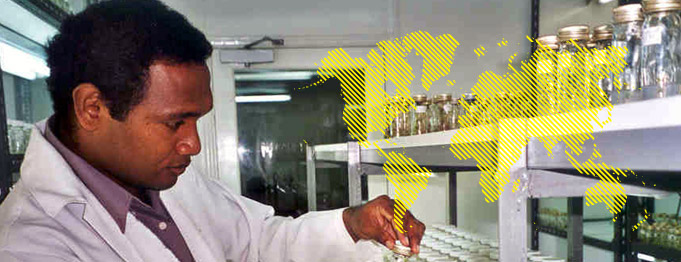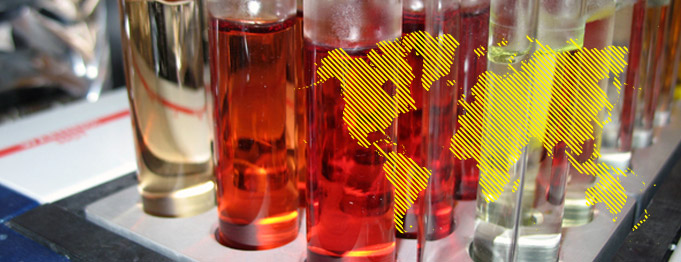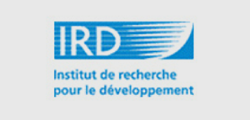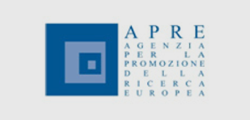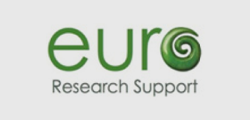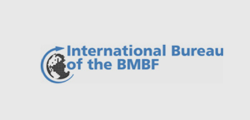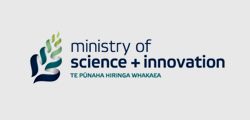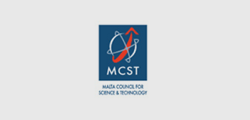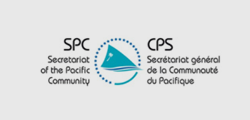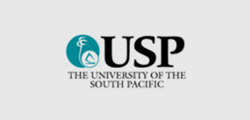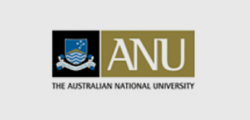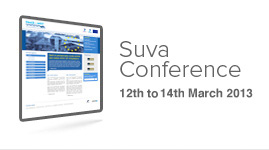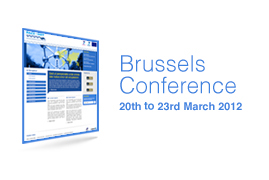12th Annual Conference of the Institute for Advanced Studies on Science, Technology & Society (IAS-STS)
![]() 12th Annual Conference of the Institute for Advanced Studies on Science, Technology and Society (IAS-STS) 6th-7th May 2013, GRAZ - AUSTRIA,
12th Annual Conference of the Institute for Advanced Studies on Science, Technology and Society (IAS-STS) 6th-7th May 2013, GRAZ - AUSTRIA,
25th anniversary, Inter-University Research Centre for Technology, Work and Culture (IFZ)
The IAS-STS in Graz, Austria, which is hosted by the IFZ (www.ifz.aau.at), promotes the interdisciplinary investigation of the links and interactions between science, technology and society, technology assessment, as well as research on the development and implementation of socially and environmentally sound technologies. Therefore, IAS-STS hosts international fellows and research associates through its Fellowship Programme. Additionally, the institute organizes the annual conference on "Critical Issues in Science and Technology Studies".
The Inter-University Research Centre for Technology, Work and Culture (IFZ) will also celebrate its 25th anniversary at the 2013 conference. All participants will be invited to join our jubilee celebration on Monday, May 6th 2013.
KEYNOTES (Confirmed)
Daniel Barben (Aachen University)
Eva Buchinger (Austrian Institute of Technology)
Tanja Carstensen (Hamburg University of Technology)
Kevin Morgan (Cardiff University)
CONFERENCE THEMES
Gender – Technology – Environment
This conference theme particularly focuses on gender dimensions in science and technology. On the one hand, individual perspectives of actors in the technological field are taken into account; on the other hand, educational, organizational, societal, environmental, and political issues are gaining more and more relevance. A special interest in this conference theme lies on the interrelation between individuals’ concepts and media representations of gender and technology.
Life Sciences/Biotechnology
Abstracts are sought in two thematic areas: First, following some 20 years of public debate, agricultural biotechnology continues to be a deeply controversial issue in the EU, partly fueled by progress in science and technology innovation such as GM industrial and energy crops, or novel breeding techniques. Research should contribute to a better understanding of the regulatory, broader policy and governance challenges of agricultural biotechnology, and/or explore strategies to manage these challenges. Second, in recent years, social studies of the life sciences were bound to large scale research programs. In many countries, these funding schemes have now come to an end. This is an opportunity to review these previous programs via collaborative engagement with the life sciences, as well as to explore new ways of inquiry. Submissions are encouraged to address these issues when analyzing the life sciences as a social process.
Towards Low-Carbon Energy Systems
Based on analyses of social, technological and organizational frameworks of energy use, abstracts should contribute to the shaping of sustainable energy, climate and technology policies. They should focus on socio-economic aspects of energy technologies or on strategies of environmental technology policy. They should develop measures and strategies for the promotion of renewable energy sources; for the transition to a sustainable energy system; or, contribute to the field of sustainable construction. Regional governance, climate policy strategies, innovation policy and the role of users are important themes as well.
Sustainable and Innovative Public Procurement & Ecodesign
The supply side policy “Ecodesign”, and the demand side policy “Public Procurement”, are used to support the transition towards green, socially responsible and innovative markets. Nonetheless, scientific research in these respective fields is still limited. Researchers investigating the following areas are encouraged to submit abstracts concerning: the environmental impact or the innovation potential of green public procurement and ‘Ecodesign’; the impact of socially responsible public procurement; the hurdles, success factors, efficacy, and wider implications of European or national policies for sustainable and innovative public procurement and ‘Ecodesign’.
Sustainable Food Systems
Food security, nutrition, food quality and safety, resource scarcity, carbon foot prints and other challenges faced in urban or rural areas are currently dominating the industrialized and globalized food systems. Abstracts are encouraged that explore different forms of sustainable food systems, as well as related social practices and socioeconomic/technical processes in the production, distribution, marketing, and consumption of food. A particular focus lies on governance mechanisms, policies, and their (potential) contribution to a wider transformation towards more sustainable cities, regions and societies.
SPECIAL SESSIONS
Special Session: Queer perspectives on STS
The working group 'Queer STS' questions hegemonic values and norms in society, in particular in science and technology research. We are interested in marginalised perpectives and boundary processes that lead to their marginalisation. This implies not only the original meaning of 'queer' related to non-heterosexualities and to a critique of heteronormativity but a broader understanding of the term: We critically review how especially science and technology-related research contribute to the perpetuation of inclusion and exclusion, norms and marginalisations, biologisations of social constructs, etc. For this session we invite researchers and scholars dealing with similar questions and perspectives to contribute and participate in discussion and networking. Contributions can be theoretical considerations, empirical work in progress or finished studies.
Special Session: Social justice and Diversity
For this session the IFZ-working group „Social Justice and Diversity“ is looking for contributions which deal with the technology access and participation in technology development in the context of social justice, and how the issue of diversity plays a crucial part in these processes (e.g. age, ethnicity, gender, sexuality, socio-economic status, etc.). Contributions can be (among others) on topics as:
•Access to technological goods and services (medical treatment, education, energy-saving technologies, etc.) and the distribution of resources (e.g. energy poverty)
•Provision of infrastructure and social inclusion
•Environmental or climate justice
•Informal technology-based learning as a means of democratization and participation in political arenas through new media technologies
•Participation in socially fair and environmentally sustainable production and consumption
•Inclusion of the diverse needs of various social groups in technology development
•Representations of social groups in public discourse on aspects of individual lives (choice of profession, personal interests, relationships, etc.) and social structures as such
Special Session: Prevention Technologies
Techniques aiming at predicting coming events in order to prevent future harm – e.g. oracles, chiromancy, astrology – date back to the dawn of mankind and are common in most known cultures. Today the task of the ancient oracle is fulfilled by a variety of (often overlapping) preventive technologies. Apart from the complex field of Risk Prevention (in health, economy, information technology etc.) the newly (re)established linkage between Preventive Medicine and Crime Prevention may be given special attention as here medical techniques (e.g. genetic testing, brain scans, drugs) are used to address social problems (i.e. violent behavior), leading to the politicization of medicine and the medicalization of politics. The latter is openly advocated by “biopolitics”, a branch of political science relying for instance on genetic testing to predict (and perhaps prevent) e.g. electoral behavior. Beneath the fundamental question on how to distinguish “possibility” from “reality” – when in the age of genetic-testing the mere possibility of becoming ill (e.g. the detection of an increased risk of breast cancer) leads to the same consequences (e.g. [preventive] surgery) as the actual disease –, the panel is open to all papers addressing the wide range of prevention technologies, their practices and consequences as well as their ethical, legal and social aspects.
Special Session: Resources in the Making
A resource is often defined as a source from which benefit is (potentially) produced or as a means to undertake an enterprise to achieve a desired outcome. Resources range from natural resources such as ground water to human resources such as labour. Perceived as (un-)limited, (un-)accessible, (non-)commercial, (non-)renewable, etc., debates about the proper use or access to resources take place in various fields such as biology, economics, land management or computer science. Depending on the context, resources are linked to concepts such as competition, sustainability, conservation or stewardship. The aim of this session is to better understand both what resources are and how resources come into being in particular times and places, as well as across contexts and disciplines. We invite papers that empirically approach the making of the concept („resource“) in discourses and practices. Theoretical contributions will also be considered.
Special Session: Knowledge Brokerage as participatory interaction processes linking research, policy and civil society
We invite colleagues from research, policy and practice to report about their practical experiences in knowledge brokerage (KB) in the context of sustainability challenges. In particular, we are looking forward to contributions giving practical examples of, and lessons learned from concrete knowledge brokerage activities engaging people from different communities. The session will be organized as an interactive workshop where participants will discuss and reflect on the potentials and limits of linking research, policy and practice through KB. The contributions may address issues such as:
•Choice of appropriate KB-tools: online versus face-to-face activities (well-proven tools; specific challenges)
•Strategies to support capacity building for KB within different communities
•How does social learning take place in the context of KB?
•What are the main characteristics of effective and successful KB?
ORGANIZATIONAL DETAILS
Participants
The 12th IAS-STS conference invites interested researchers (especially postgraduates and young researchers) in the areas of science and technology studies and sustainability studies to give presentations. The conference provides a forum to discuss on a broad variety of topics in these fields – especially abstracts are encouraged which include some aspects of the above mentioned conference themes or special sessions.
Abstracts
Abstracts should include no more than 250 words, comprising detailed contact information, affiliation and specification of the conference theme or special session you are referring to.
Submission of abstracts should please be send to Thomas Berger (thomas.berger@aau.at) by January 31st, 2013 as a DOC/DOCX-file.
All confirmed abstracts will be published as online-proceedings (ISSN) via the IAS-STS website. Full papers can also be submitted, but are not mandatory. See the 2012 proceedings here: http://www.ifz.aau.at/ias/IAS-STS/Publications
We also appreciate proposals for poster presentations in line with the conference themes. Proposals for posters should be send to the above mentioned email address by January 31st, 2013.
We also welcome participants attending the conference without presenting a paper themselves.
Conference fees
€120 Euros (including conference folder, coffee breaks, lunch sessions, social event); to pay during the registration process. No conference fees for current fellows of the IAS-STS Fellowship Programme 2012/13.
Registration
Registration for the 12th IAS-STS conference on "Critical Issues in Science and Technology Studies" will be open until Monday, March 31st, 2013. The online registration form will be accessible by the beginning of February 2013.
Conference Venue
Inter-University Research Centre for Technology, Work and Culture (IFZ)
IFZ is the Graz unit of the Department of Science and Technology Studies at
Alpen-Adria-Universität Klagenfurt
Schlögelgasse 2
8010 Graz, Austria
http://www.ifz.tugraz.at

